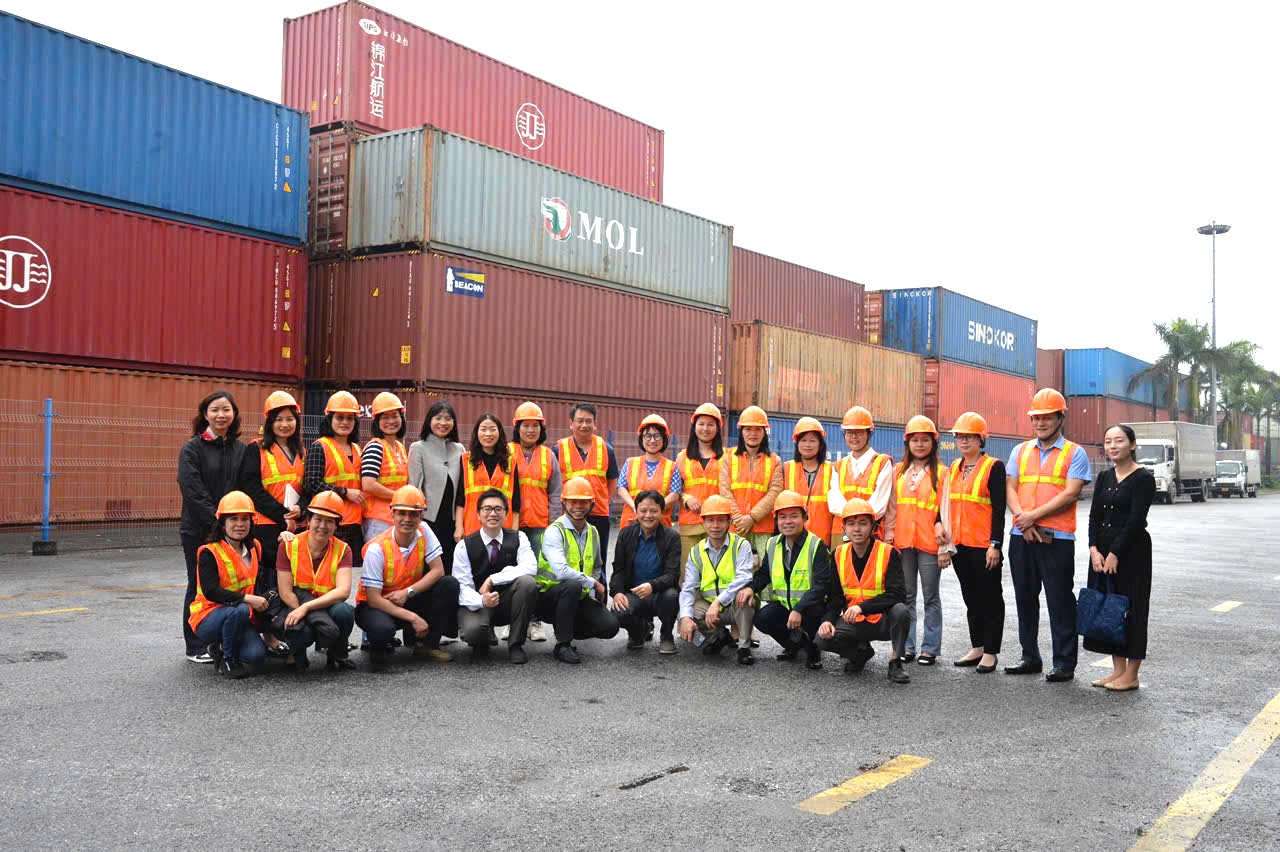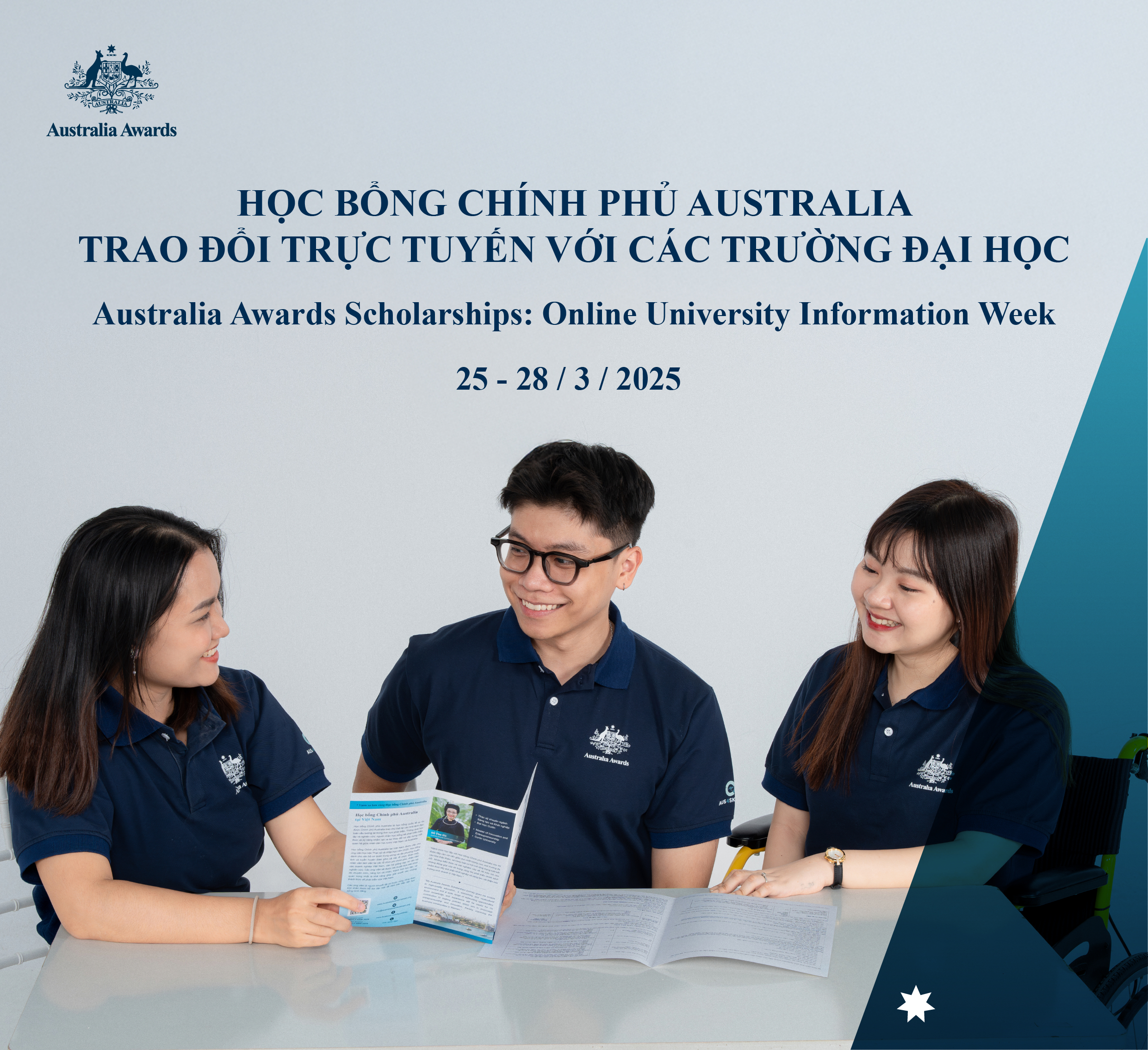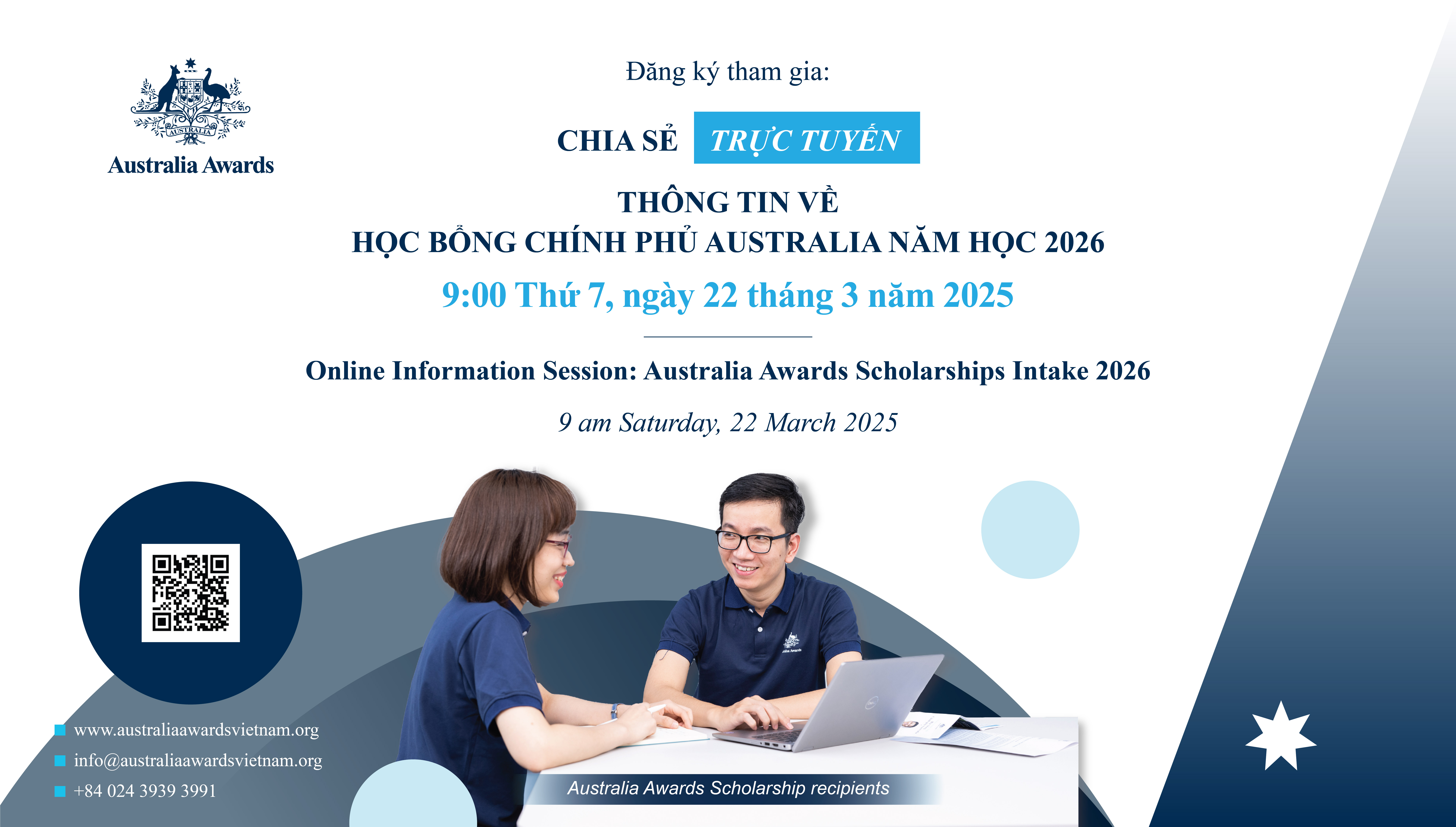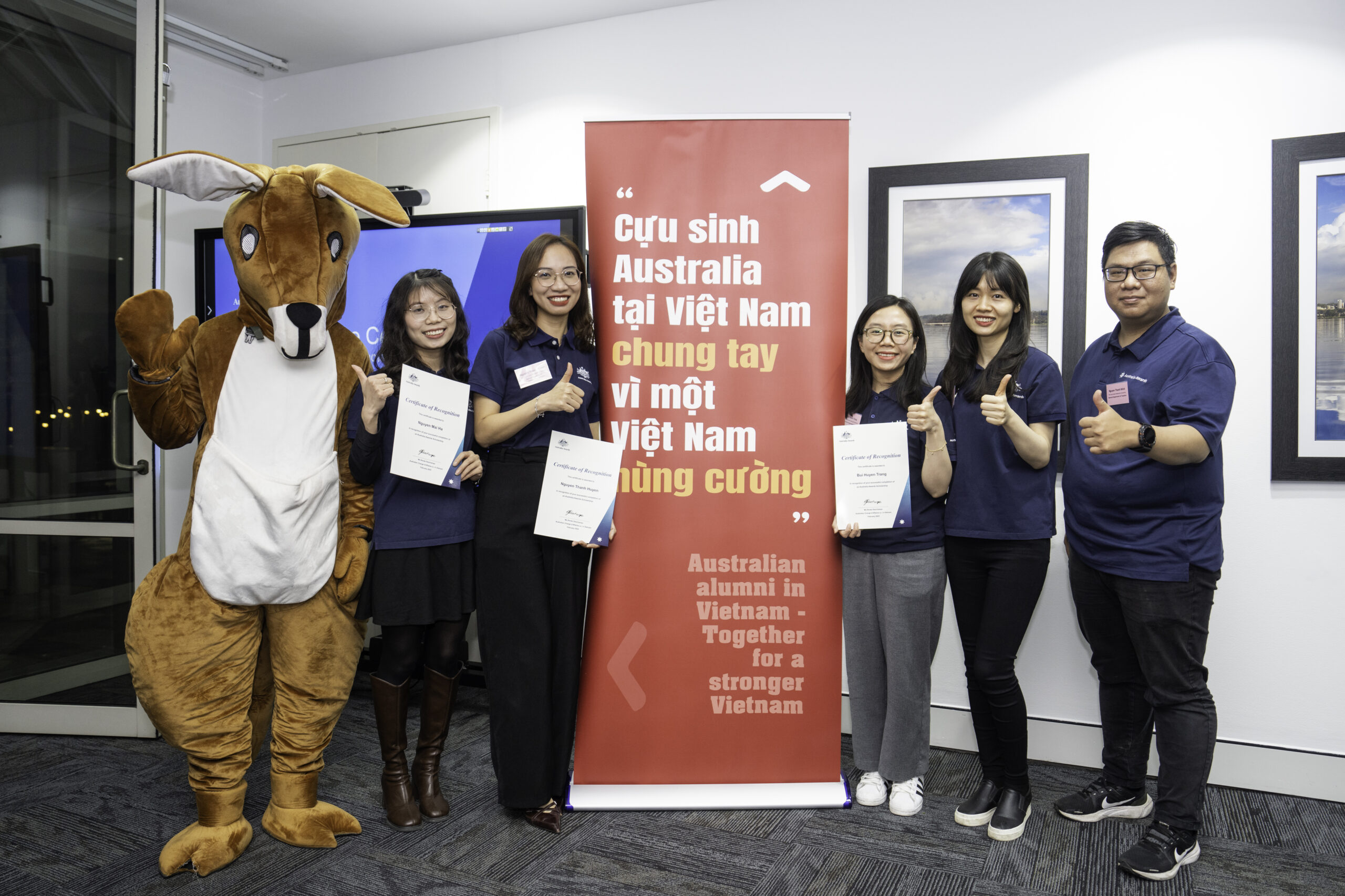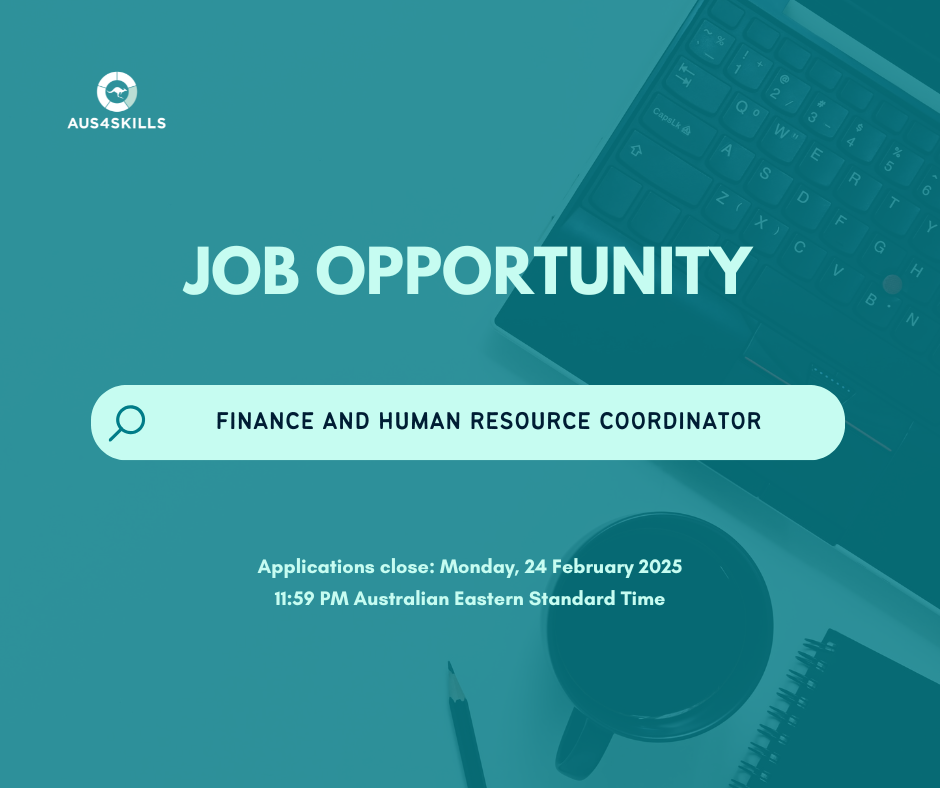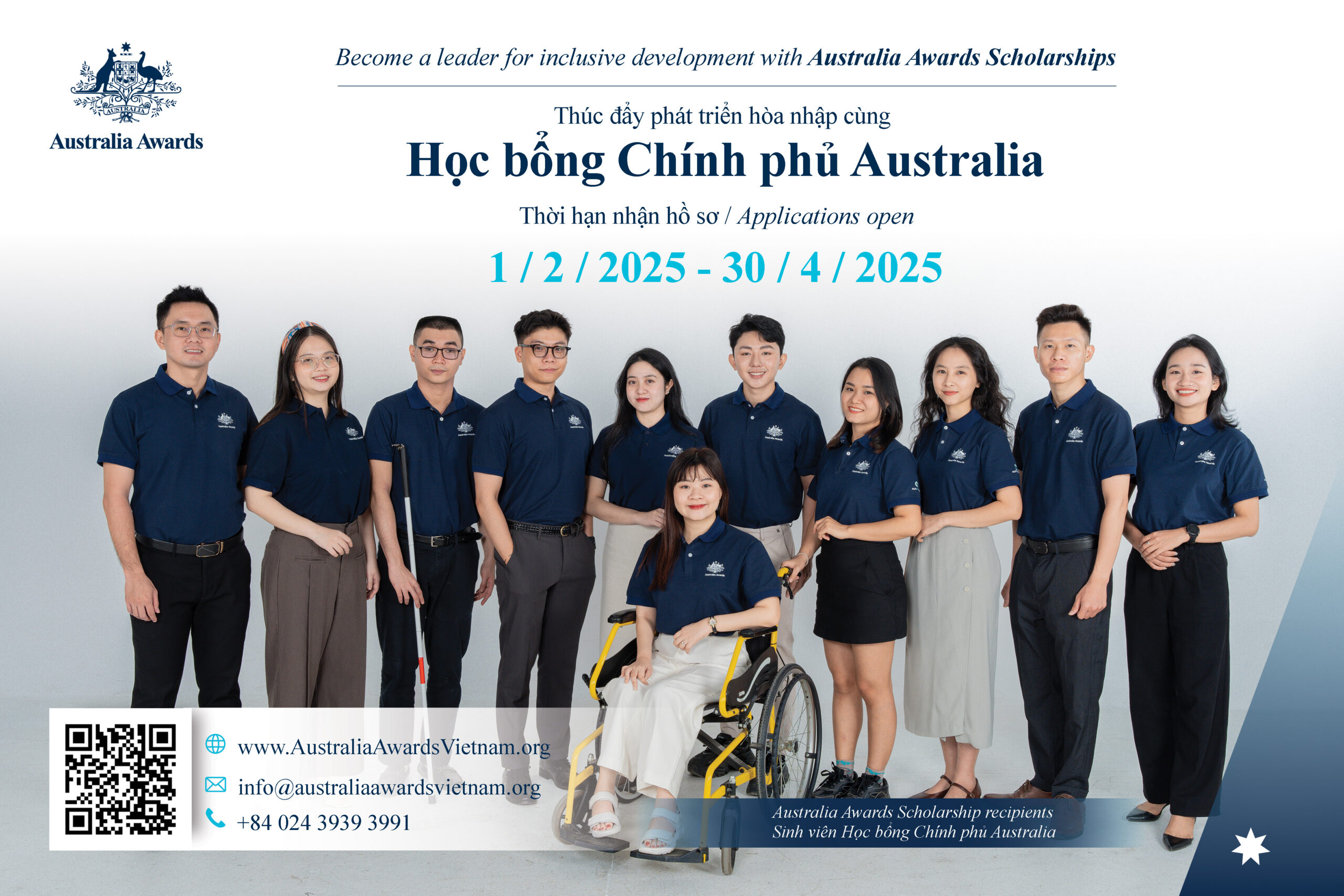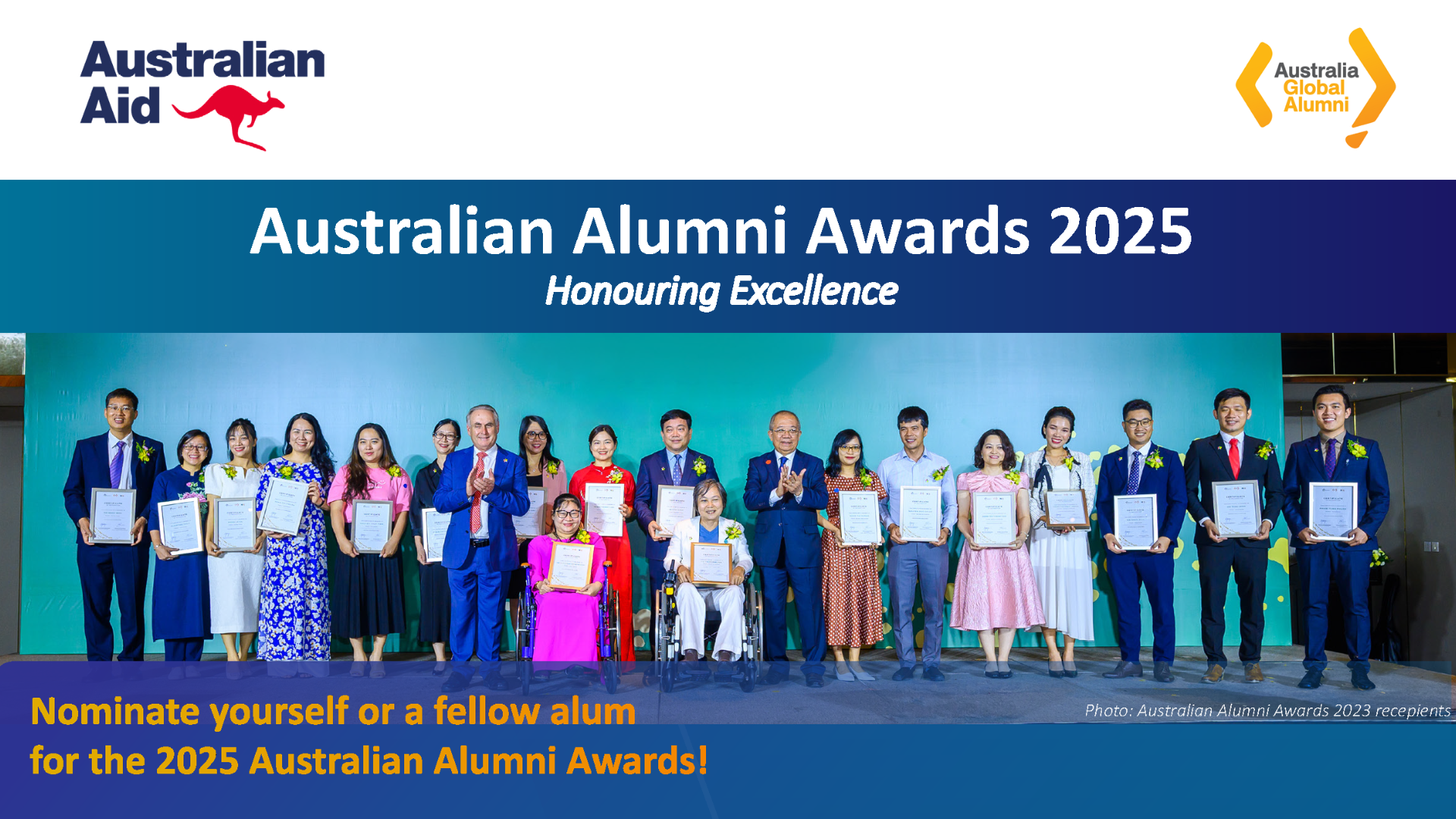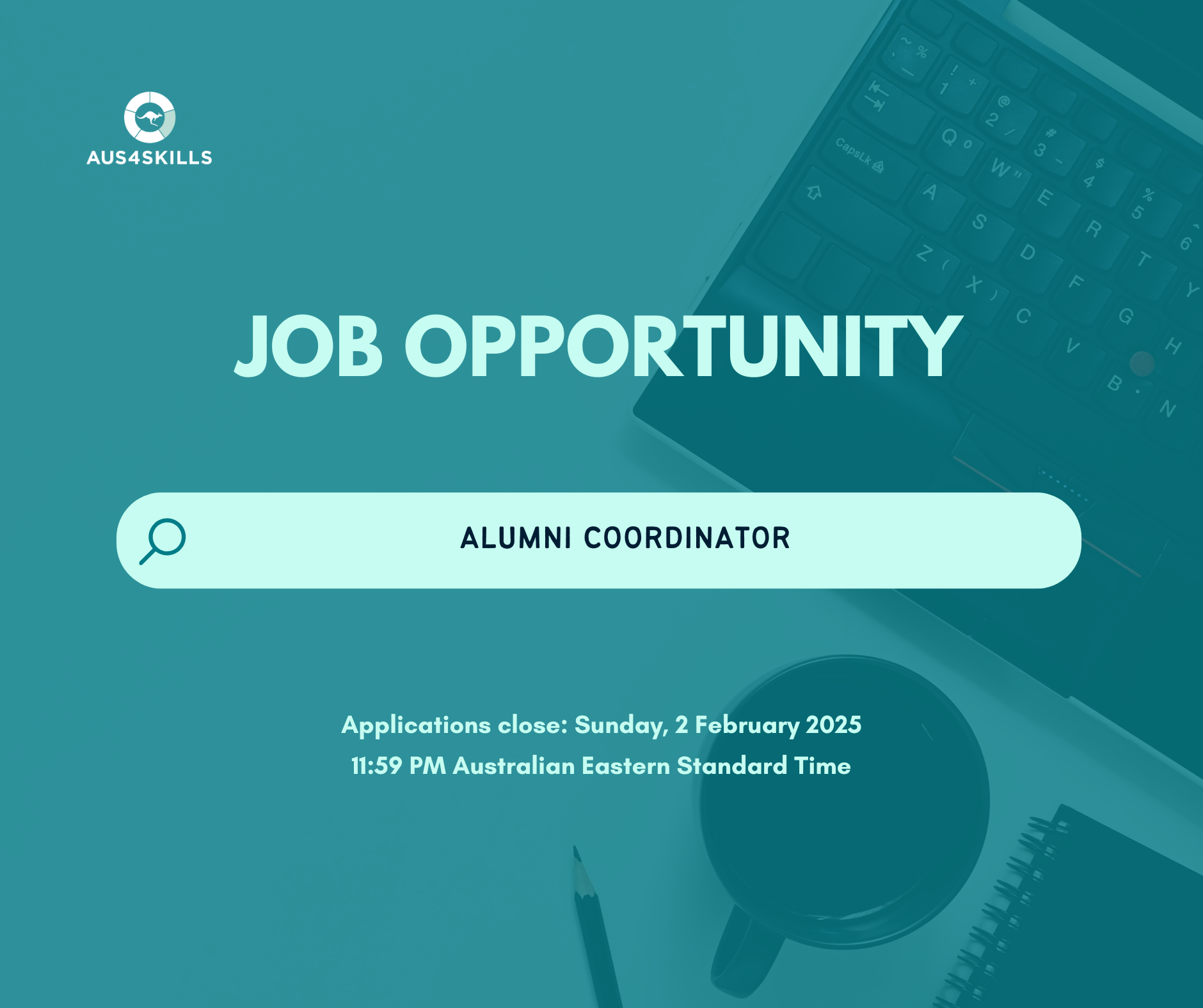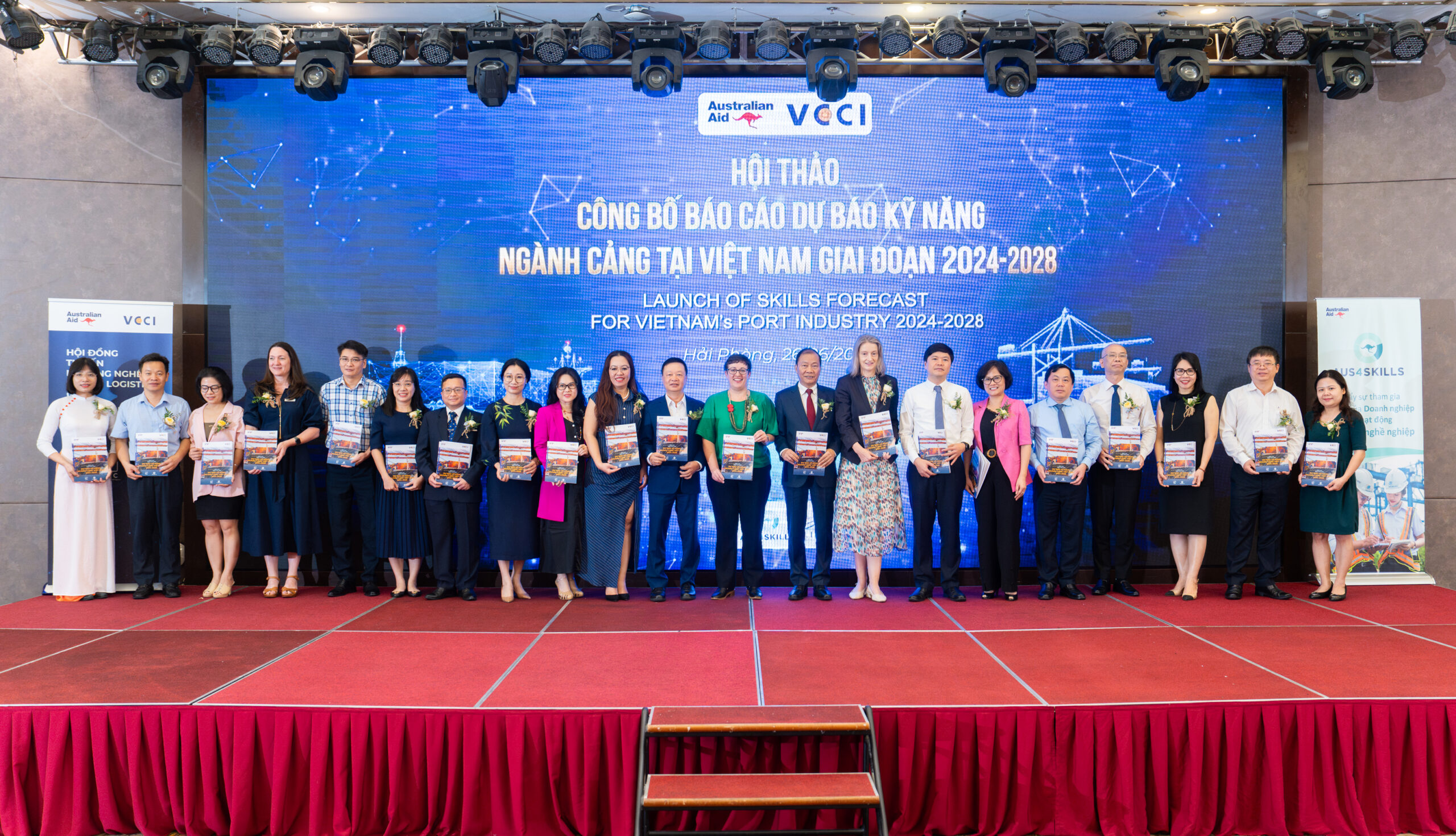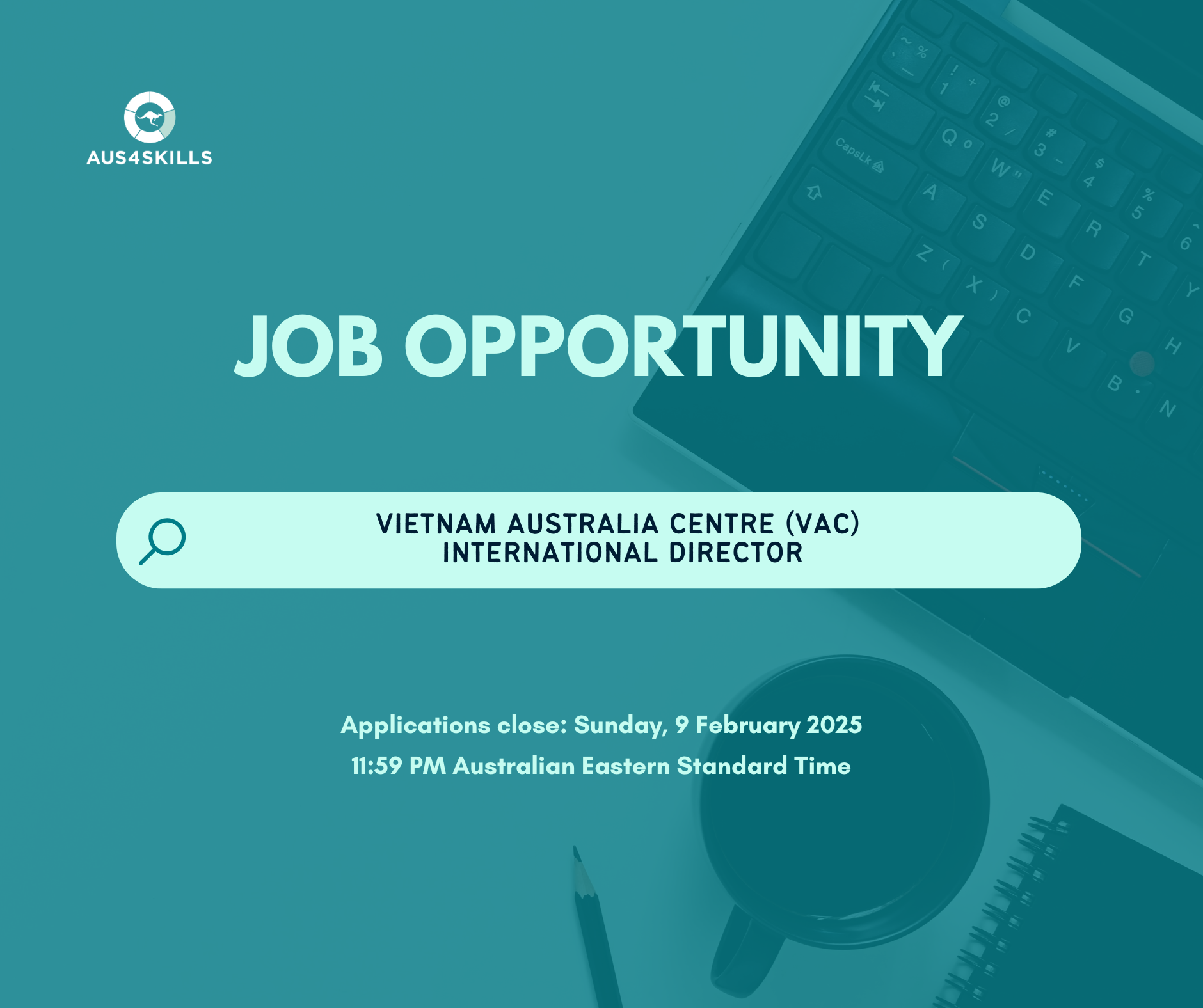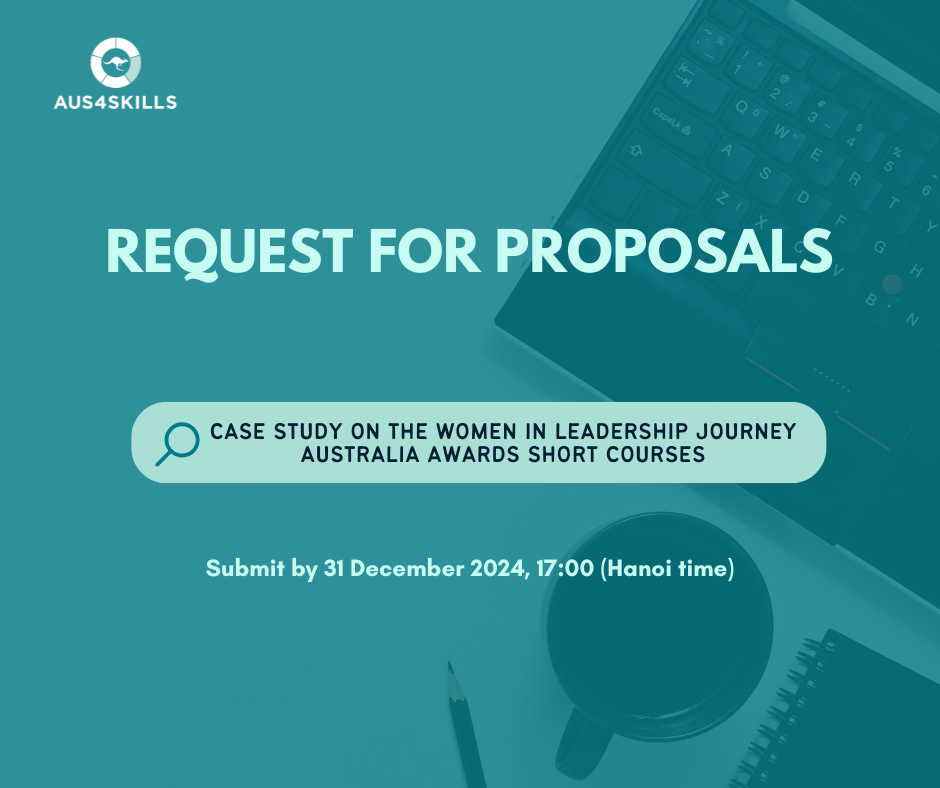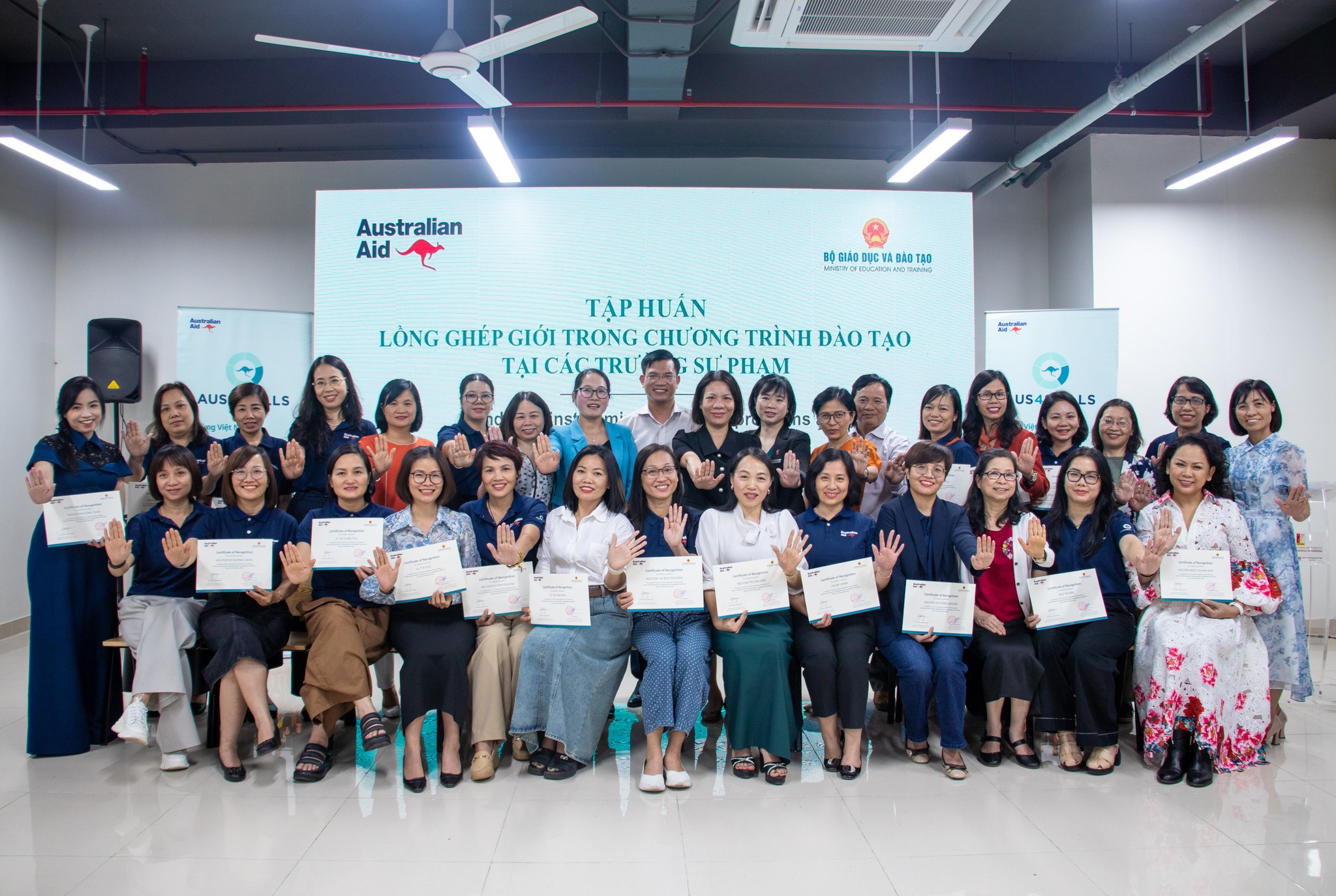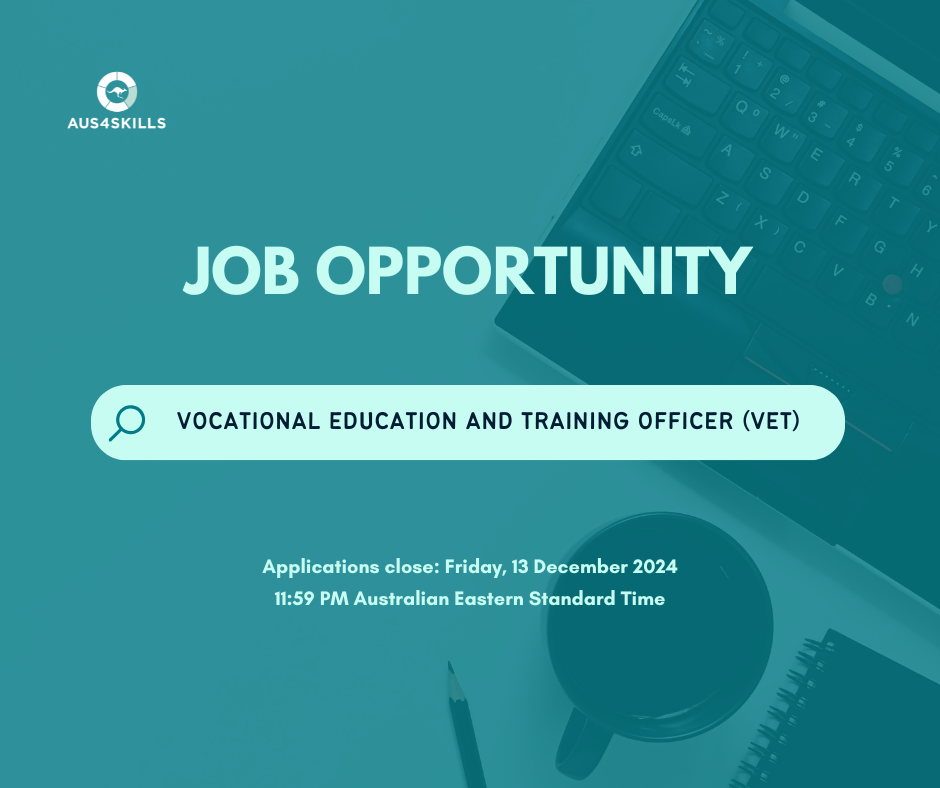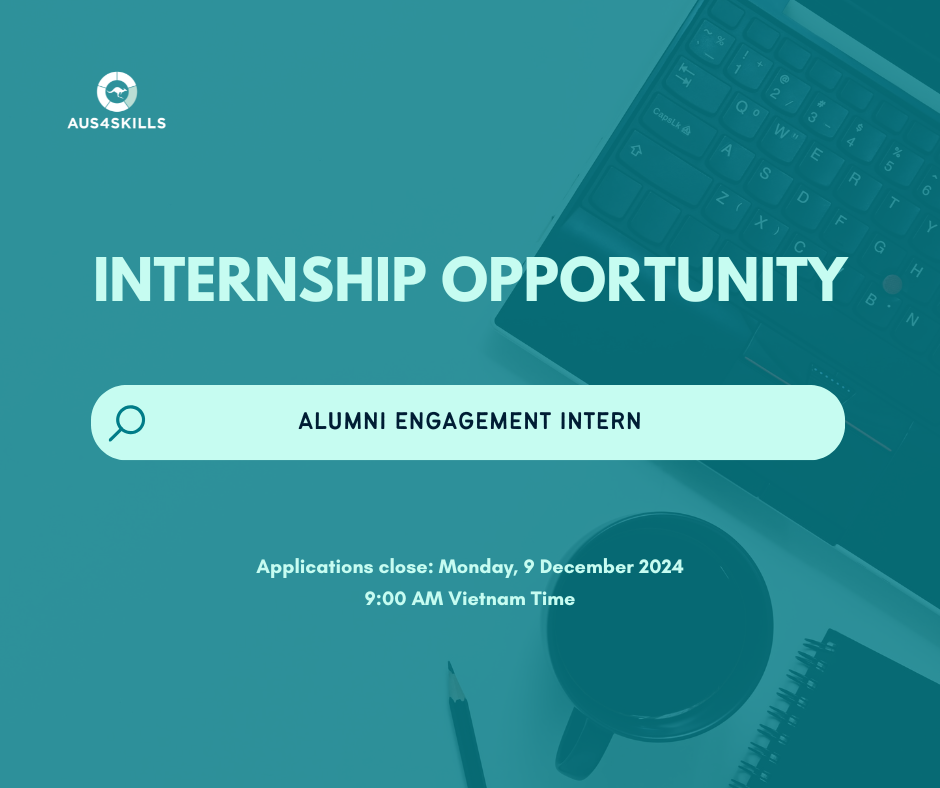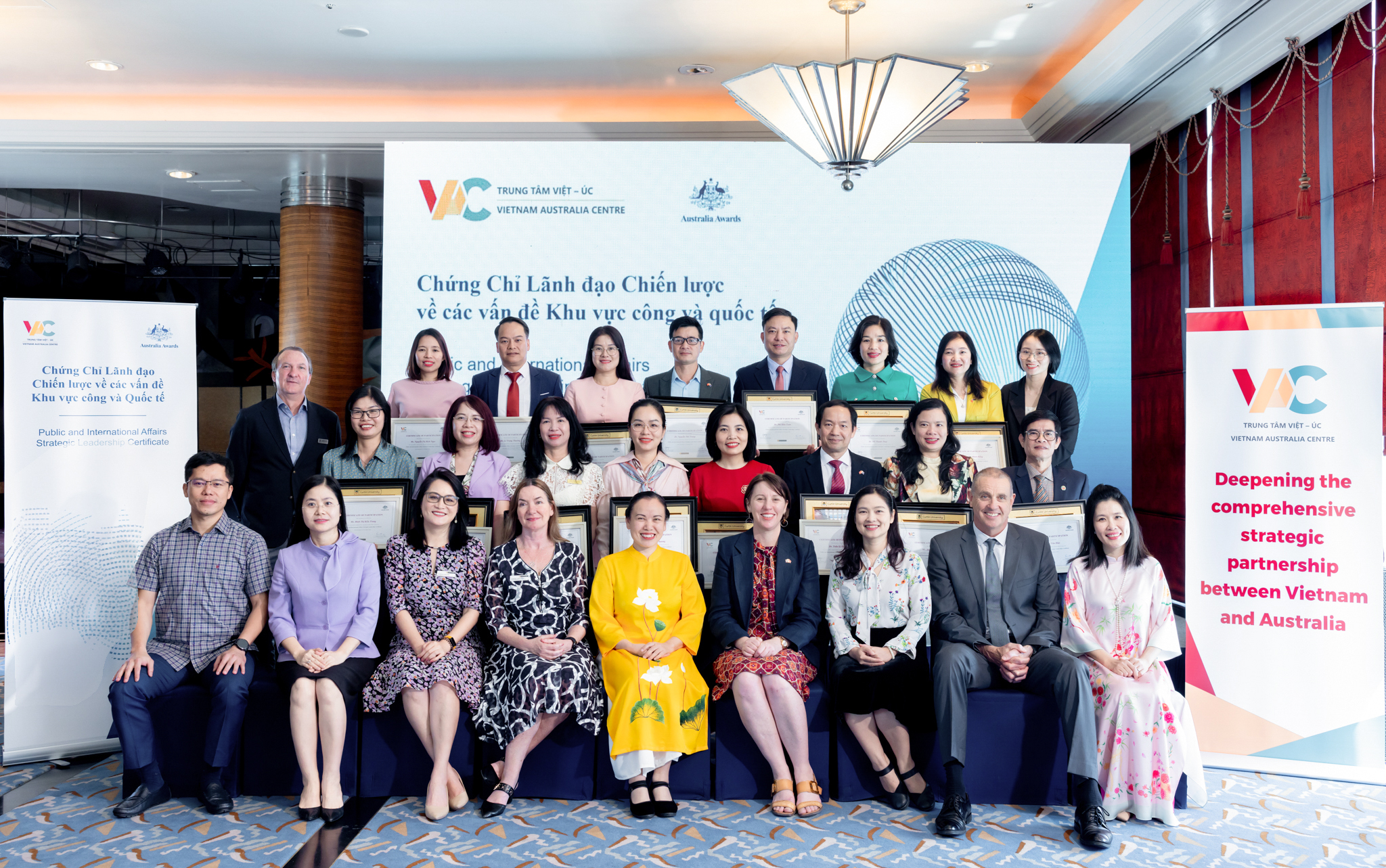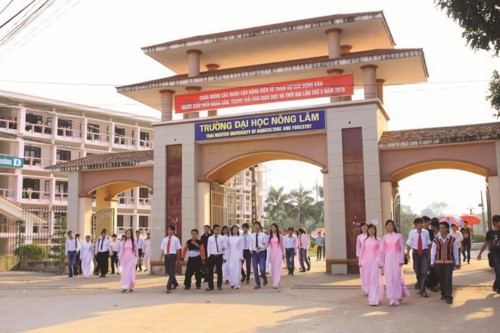
University of Agriculture and Forestry – Thai Nguyen University
Education and Times Newspaper – Thai Nguyen University of Agriculture and Forestry has made significant changes in accordance with a comprehensive plan towards its autonomy. The plan is an achievement through breakthroughs and innovations in strategic management and planning by applying international experiences by the university leadership.
Reviewing steps and re-designing training curricula
At the final presentation session of the Australia Awards short courses in Leadership, Governance, and Strategic Planning, Associate Professor, Dr Nguyen The Hung, Vice Rector, Thai Nguyen University of Agriculture and Forestry made a presentation about his university’s strategic plan, which impressed international experts from the University of Sunshine Coast. The plan’s objective is to develop the university as a research-oriented institution, which provides scientific breakthroughs with high commercial and academic value. Research will be the main activity for faculties and staff.
In addition, students will be educated with a multi-disciplinary approach and meet ASEAN and international standards. Curriculum will be designed and implemented in accordance with the ASEAN University Network-Quality Assurance (AUN–QA) so that graduates satisfy requirements of both international and domestic job markets. All graduates are able to secure jobs and to be successful in their work environment.
Furthermore, a modern university governance system will be developed, which attracts scientists and experts in Vietnam and from foreign countries for work and international students for study; Revenue sources of the university will be diversified to improve income of staff and to continuously upgrade infrastructure for education and research.
The plan has been executed with specific activities during 2018. Thai Nguyen University of Agriculture and Forestry is reviewing all current strategic planning, reviewing and developing a proposal on university restructuring for effective operations, setting evaluation indicators for each job position and establishing a group specializing in designing curricula relevant to society’s needs.
The university has been developing a quality evaluation and accreditation system in accordance with the AUN–QA standards and operating three advanced programs in English with international curriculum and lecturers.
Insights about the University Council’s role
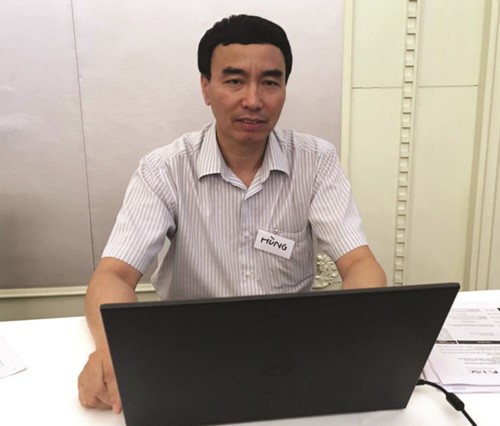
Associate Prof. Dr Nguyen The Hung – Vice Rector, Thai Nguyen University of Agriculture and Forestry
During his study in Australia, Dr Hung was impressed by what he learnt about the roles, functions and duties of the University Council in Australia. This experience also made this leader ponder about the university’s future direction towards autonomy.
According to Dr Hung, in Australia the University Council decides on strategy development while the Management Board and Rector implement these strategies. This is an advanced point because implementers, who are under frequent pressure of university’s revenues, will prioritize short-term objectives. On the other hand, the University Council specializing on strategy development can have a better, long-term approach. The combination of short-term and long-term view will form an ideal strategy. This is what Vietnamese universities lack when setting their vision for the next 15-20 years.
In addition, in other countries the University Council appoints the Rector and the Rector follows the Council’s directions through the strategies provided. However, in Vietnam, the roles of University Council and Rector are unclear. “The University Council should be able to appoint the Rector and be responsible for facilitating the Rector’s activities. If the Rector fails to accomplish his or her duties, the University Council shall take responsibility for any consequences. It would be wonderful if such a mechanism is established!” – said Dr Hung.
Concerning the internal supervision system at universities, Dr Hung explained that in Vietnam the Quality Assurance Department is usually under the Rector’s management. However, the common model in most universities is that it is a specialized unit under the University Council responsible for checking, supervising the effectiveness of the Rector’s activities and advising on necessary improvements or changes. This model ensures an effective university quality assurance system.
Changing leadership, management thinking
======================================================================================
“As a member university under a regional higher education institution, autonomy raises a difficult question about the management mechanism. The University looks forward to solving this situation and progressing to autonomy,”said Dr Hung.
======================================================================================
Dr Hung is concerned about how to facilitate the university’s sustainable development regardless of its leadership. His question was answered by an Australian expert – decentralization within the university. “Without decentralization, each person will not take any responsibility, or a system which comprises one decision-maker and 1,000 implementers will fail to grow. If the Rector shares his expertise with units, then groups, and individuals, then each person will have both responsibilities and roles. This promotes the smooth operation of the entire system, in accordance with the provided strategy, even when Rector does not make decisions.” – said Dr Hung.
======================================================================================
Relating to university autonomy, Dr Hung said that first it is necessary to change the mindset of leaders, managers, then officers and lecturers. Aus4Skills’s support through training in Leadership, Governance, and Strategic Planning, improving university’s culture, curricula development, teaching method innovations, quality assurance, etc. has encouraged the university members to think and act towards autonomy all the time!
======================================================================================
Source: Translation of an article on Education and Times Newspaper






